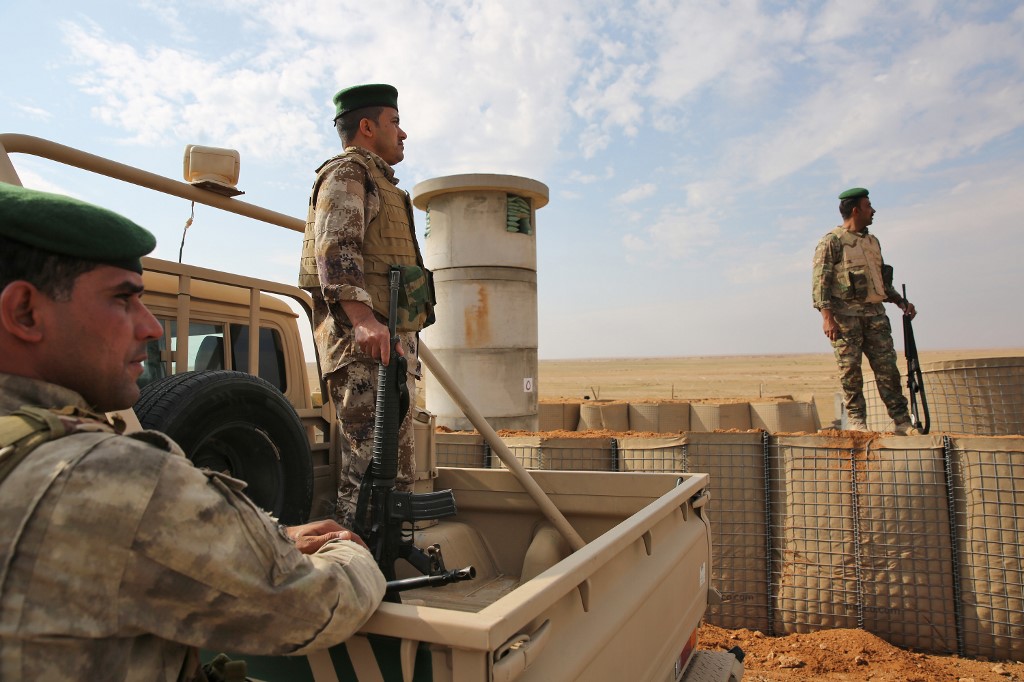Iran must stop supporting militias for peace offer to be taken seriously: Expert
JEDDAH: Iran needs to dismantle its proxies and end its interventions in Arab affairs before seeking to normalize relations with its Gulf neighbors, a political expert told Arab News on Sunday.
“The Gulf countries have been calling for normal relations with their neighbors for years, but their calls have fallen on deaf ears on the Iranian side,” Hamdan Al-Shehri, a political analyst and international relations scholar, said.
Accusing Tehran of “playing games,” Al-Shehri described Iranian Foreign Minister Mohammad Javad Zarif’s suggestion that Iran wanted to improve relations with its Gulf neighbors as worthless “as long as it continues meddling in the affairs of other countries, and fails to halt its evil militias from sabotaging and destabilizing regional security.”
Iran has for long pursued a policy of outsourcing its meddling to external militias, which indirectly supports, such as Hezbollah in Lebanon and the Houthis in Yemen.
Zarif, who is on a two-day visit to Iraq, told a joint news conference in Baghdad with his Iraqi counterpart Mohammed Al-Hakim that Iran wants to build balanced relations with its Gulf Arab neighbors and had proposed signing a non-aggression pact with them.
However, Al-Shehri said that Tehran needs to address three key issues — its nuclear program; its terrorist militias, which have been spreading chaos in the Gulf region and beyond; and its ballistic missile program — before making any such proposals.
“The question is, would Iran be ready to give up all three files? If they want their neighbors to accept them and normalize relations with them, they have to be honest and stop playing games,” he said.
Al-Shehri described Zarif’s regional tour as an attempt to rally support and send a false message that Iran has friends and allies who would stand by them in their crisis with the US.
“Where were these countries when Iran’s terrorist proxies in Yemen, the Houthi militias, launched missiles and drones attacking the holiest Islamic site in Makkah and other Saudi facilities?” Al-Shehri asked.
Zarif said Iran will defend itself against any military or economic aggression, calling on European states to do more to preserve a nuclear agreement his country signed.
“We will defend (ourselves) against any war efforts, whether it be an economic war or a military one, and we will face these efforts with strength,” he said.
Strains have increased between Iran and the US following this month’s sabotage attack on oil tankers in the Gulf. Washington and other regional allies have concluded that Iran is most likely behind the attacks.
Tehran has distanced itself from the bombings, but the US has sent an aircraft carrier and extra 1,500 troops to the Gulf, sparking concerns over the risk of conflict in the volatile region.

Iran will defend itself against any aggression: foreign ministerIranian FM meets Iraqi PM as part of regional tour



